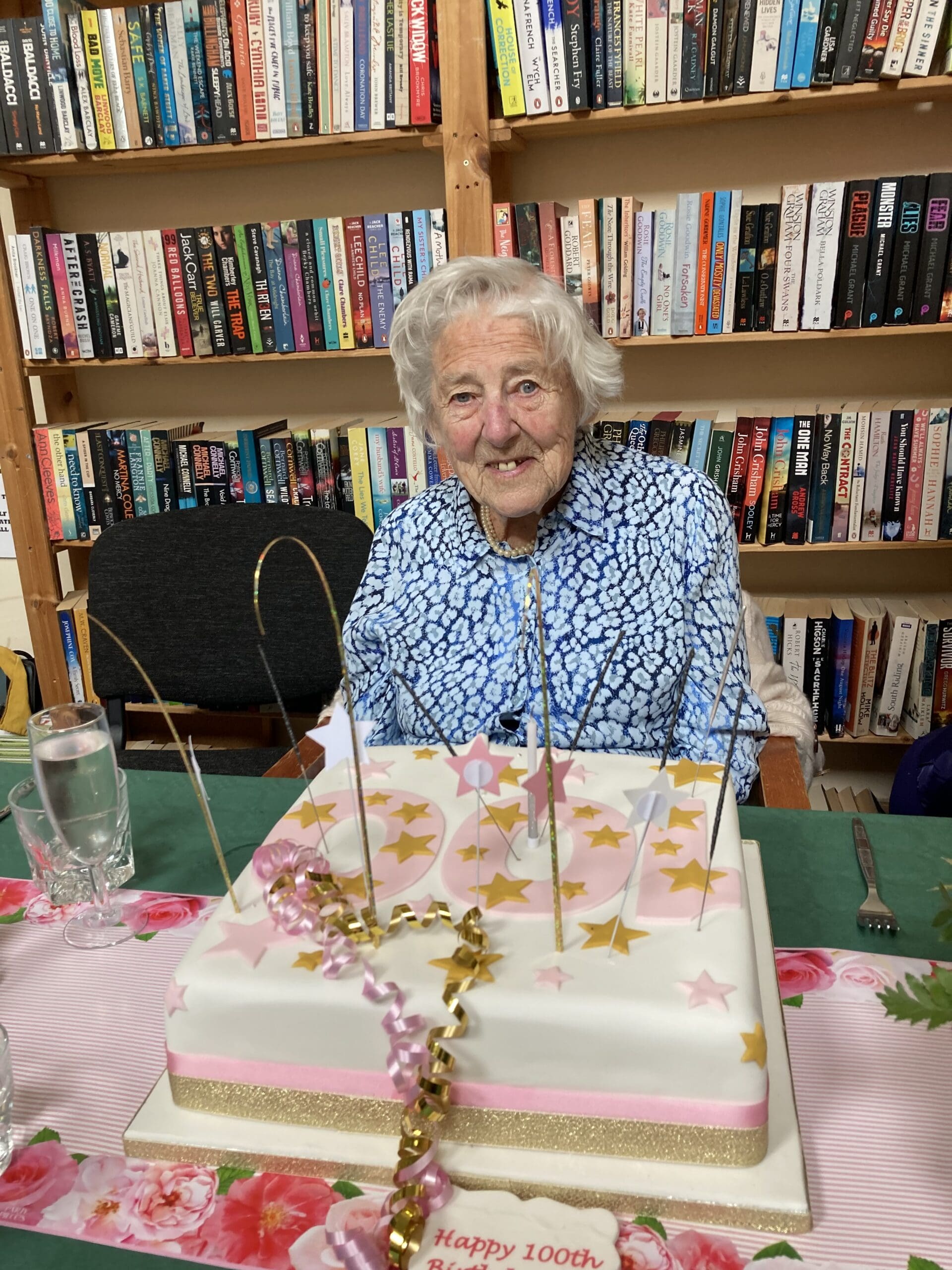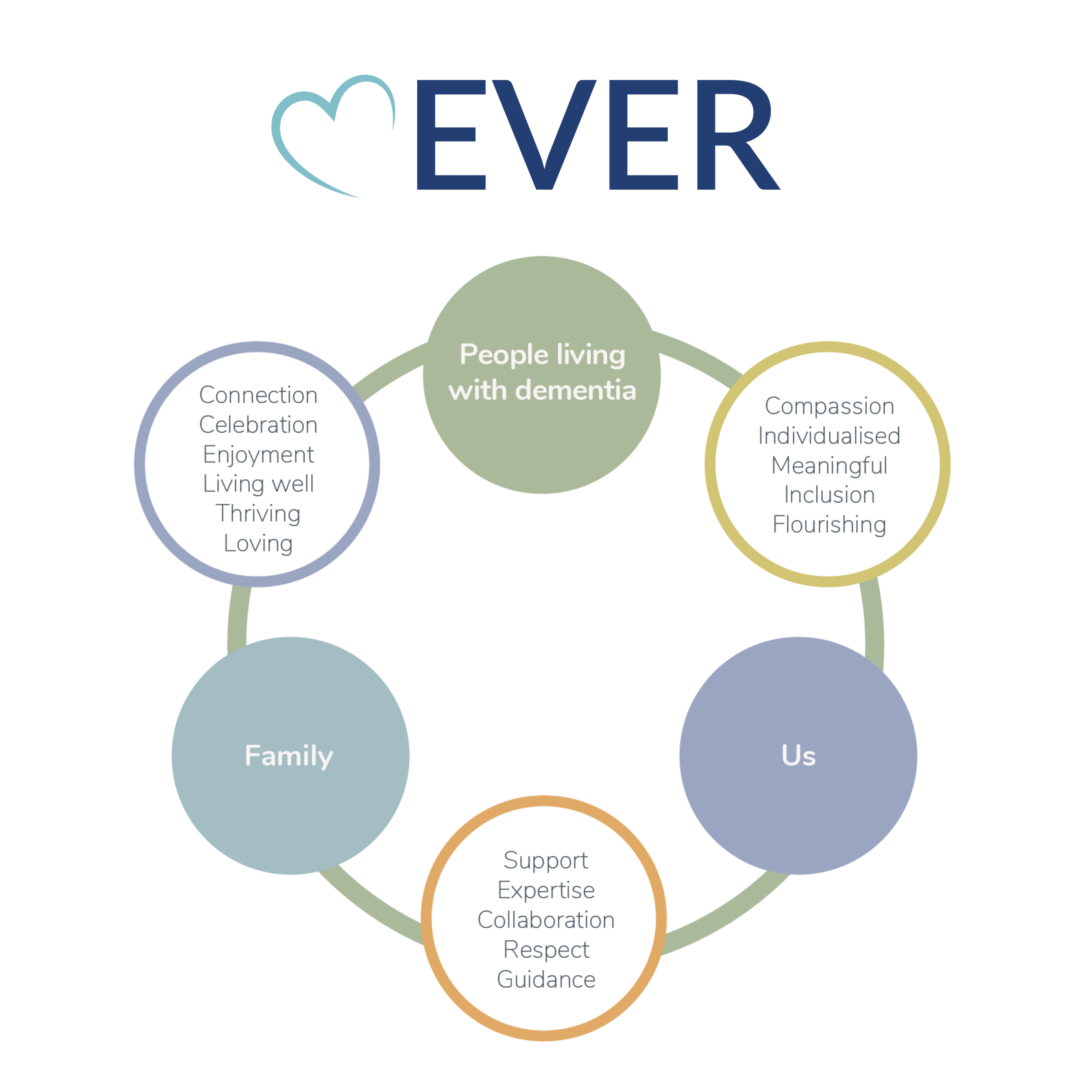At Oxford Aunts, we understand the crucial role our live-in carers play in caring for some of the most vulnerable people in society. Recognising the demanding nature of their responsibilities, we prioritise the mental health and well-being of our carers. We know that when carers are empowered with the support they need, they can deliver the exceptional care for which we are renowned.
Recent research highlights mental health concerns as a primary cause of workplace absence in the UK. In response to this worrying trend, Oxford Aunts is committed to proactively addressing the mental health needs of our valued carers.
Below, we outline our strategies for preventing burnout and promoting well-being among our dedicated carer teams.
Extended breaks for renewal
Each live-in carer at Oxford Aunts enjoys extended breaks to promote rest and recuperation. With three hours per day and one eight-hour break per week (totalling 26 hours of paid breaks weekly), our carers have the flexibility to recharge. Importantly, they aren’t obligated to stay within the client’s house during this time, granting them the freedom to use their free time as they see fit.
Employee Assistance Programme (EAP)
Recognising life’s challenges, we offer a free and confidential advice line called the Employee Assistance Programme (EAP). Details of this invaluable resource are shared through our weekly bulletin, ensuring carers are aware of the support available to them.
Local care managers for in-placement support
Our local care managers provide support during placements, offering face-to-face check-ins or a listening ear over the phone. This ensures that our carers feel supported and connected whilst fostering a sense of community amongst our closely-knit teams.
Monthly team meetings
Once a month, we organise drop-in meetings for our carer teams. These sessions may focus on specific support topics or simply provide an opportunity to connect with colleagues over tea and cake. We know through employee feedback that fostering a supportive and collaborative team environment is important for the mental well-being of our staff.
Business support administrator
We’ve introduced a business support administrator to further support caregivers in placement. This additional resource serves as a friendly ear for carers, offering someone to talk to and assisting with any placement issues. Carers also receive support from a local care manager and assessor.
Well-being training for managers
Our team managers have recently completed the Samaritans’ Well-being in the Workplace training. Additionally, we collaborate with workplace culture consultant Rising Vibe to equip managers with tools for meaningful workplace conversations and a coaching approach to managing their teams.
Feedback and continuous improvement
We measure success through career satisfaction surveys, monthly one-to-one feedback sessions, and weekly bulletins. The feedback received contributes to our people strategy, which is discussed monthly. In 2024, we’ll introduce more pulse surveys to promptly gather feedback on new initiatives.
At Oxford Aunts, caring for our caregivers is integral to delivering exceptional care to our clients. We know through our experience of providing care services for over 50 years that live-in care can be demanding and sometimes challenging. We are here to support our carers every step of the way – there is always someone on the end of the phone.
Oxford Aunts is proud to have cared for thousands of people since 1967, enabling them to stay safely and happily in the comfort of their own homes whilst providing much-needed peace of mind for their families. Our high-quality live-in care is focused on improving health, well-being and quality of life.






